- HOME
- Cultural Explorer Itineraries
- Cultural Explorer Travel
- Cultural Explorer Books
- Cultural Explorer Art
- Cultural Explorer Auction Houses
- Travel, Culture and Books - Blog
- More
- England
- Europe
- United States
- Spain
- Denmark
- Germany
- England - Yorkshire
- England - London
- England - Durham
- England - Liverpool
- England - Stratford upon Avon
- Spain - Cadiz, Jerez, Madrid
- Spain - Barcelona
- Spain - Sevilla
- Spain - Malaga and Ronda
- France - Paris
- Boston and New Haven Logisitics - Itinerary, travel, accommodation
- Boston Freedom Trail, Tea Party and Cheers
- New Haven and Yale University
- Hartford - Mark Twain's House
- Boston Art Museums - MOFA and Isabella Stewart Gardner
- Harvard and MIT Museums
- Cultural Explorer Travel - Top 10 Museums in London
- Cultural Explorer Travel - Top 10 Museums Yorkshire
- Cultural Explorer Art - Top 10 Art Galleries in London
- Cultural Explorer Art - Top 10 Controversial Paintings
- Cultural Explorer Art - The Life of the Mona Lisa
- Cultural Explorer Art - The Bowes Museum - Norman Cornish and LS Lowry
- Cultural Explorer Art - Top 10 Art Galleries in Yorkshire
- Cultural Explorer Books - Top 15 Books about Art
- Cultural Explorer Books - From a North East American Trip
- Cultural Explorer Books - Top 10 Books about Spain
- Cultural Explorer Books - Top 10 Latin American Books
- Cultural Explorer Books - Top 10 Greek Myths Books
- Cultural Explorer Books - Top 15 United States Contemporary Fiction Books
- Cultural Explorer Books - Top 10 Non-Fiction about the US
- Cultural Explorer Books - Top 10 Japan Books
- Cultural Explorer - Top 10 Books about Humans
- Cultural Explorer Auction House - Sotheby's
- Cultural Explorer Auction House - Christies
- Cultural Explorer Auction House - Bonhams
- Cultural Explorer Auction House - Phillips
- ads.txt
- Terms and Conditions
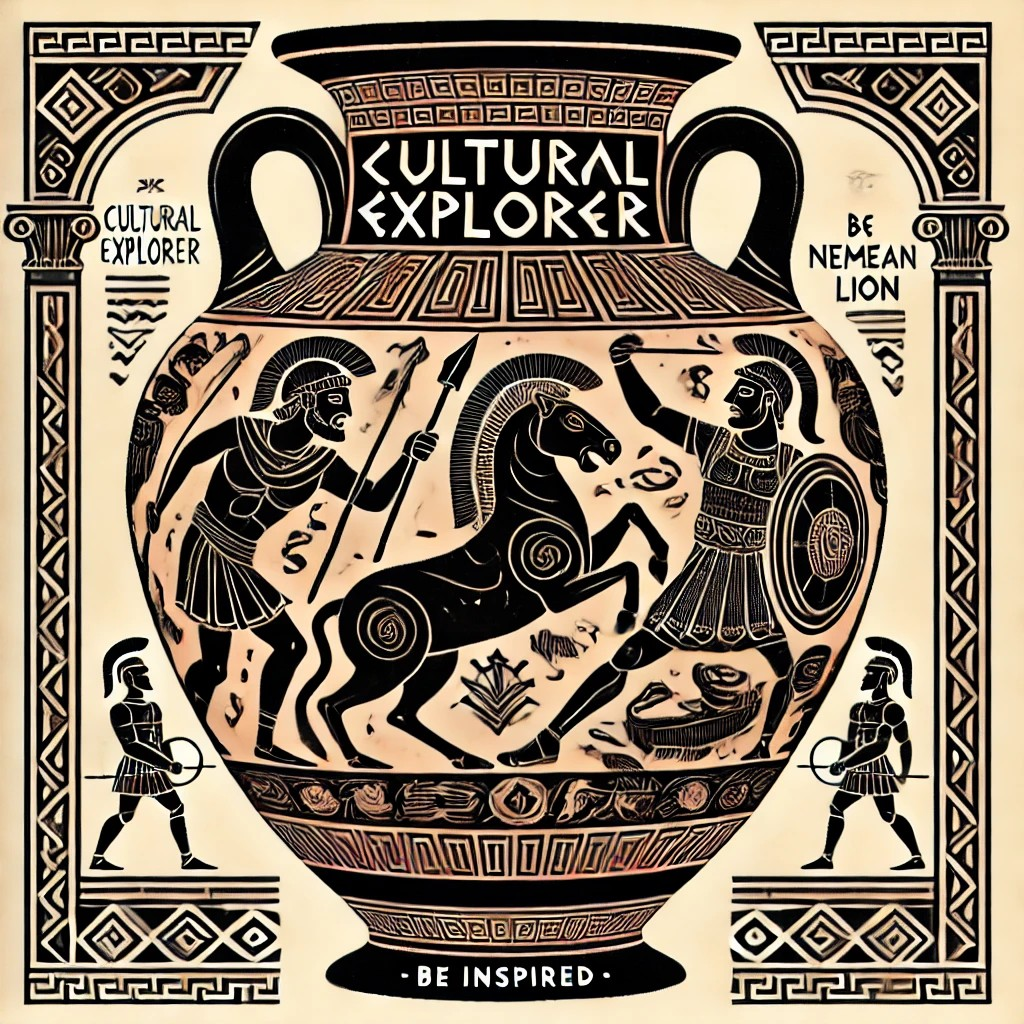
These are my Top 10 Favourite Japan books:
I would love to hear your opinion about these books and any recommendations you have, please complete the form at the bottom of this page.
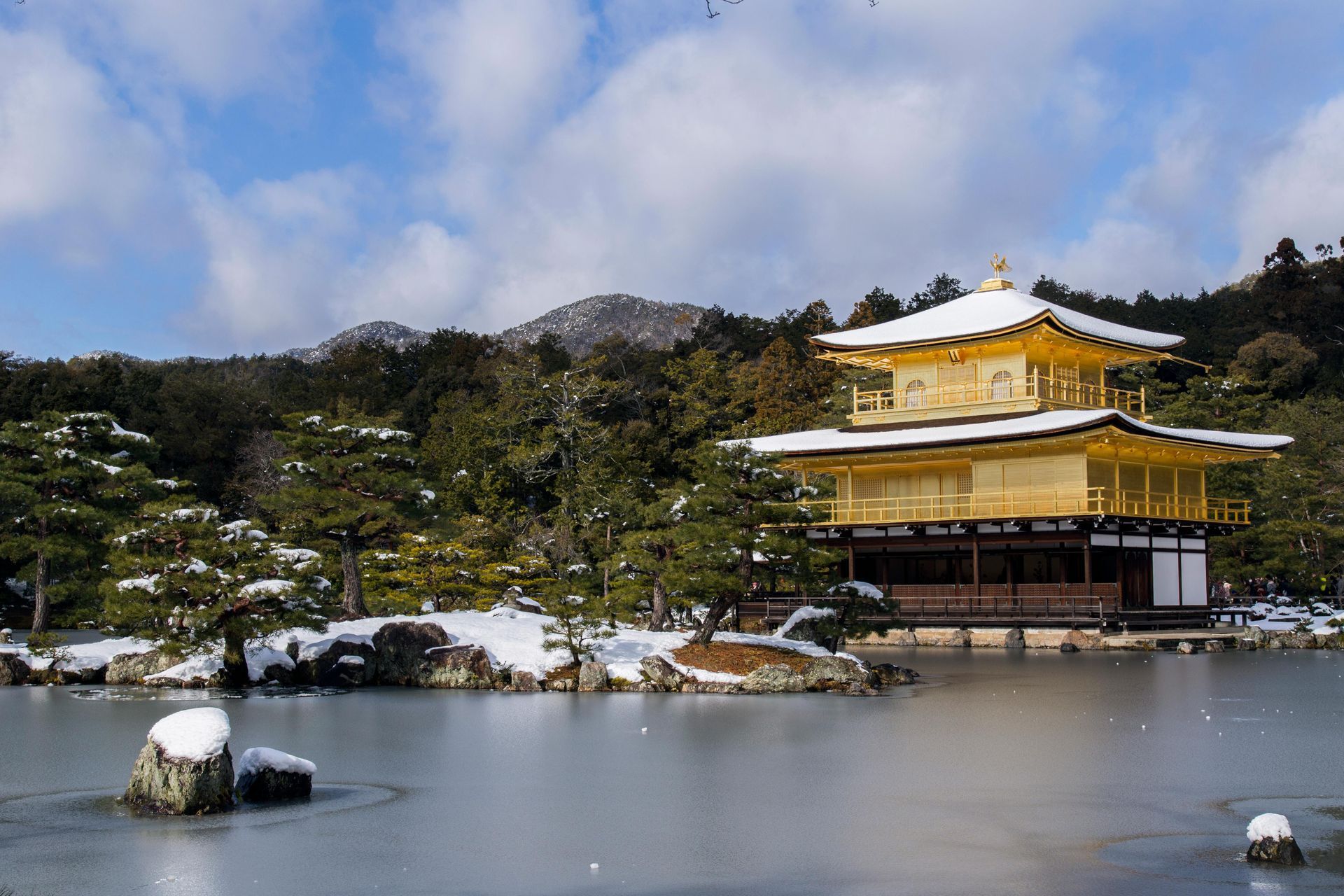
I am someone who is known to succumb to the power of persuasion. I purchased the book What I Talk About When I Talk About Running by Haruki Murakami for my husband, a serious runner, thinking it might also get him into reading. He didn't read it, and I did.
From that I have read all of Murakami's books and all the Japanese books on this list, it opened up a completely new world of literature for me.
It also led to us visiting Japan, an amazing trip, with one week in Tokyo and one in Kyoto, we also visited Osaka, Nara and Hiroshima. A fascinating place to visit, that I would love to return to. There just wasn't the time to see everything.
The place that left the deepest impression on me was Hiroshima. Having grown up with images of the city’s destruction, it was deeply moving to see it now, not only rebuilt but thriving. The resilience of humanity there is truly inspiring.
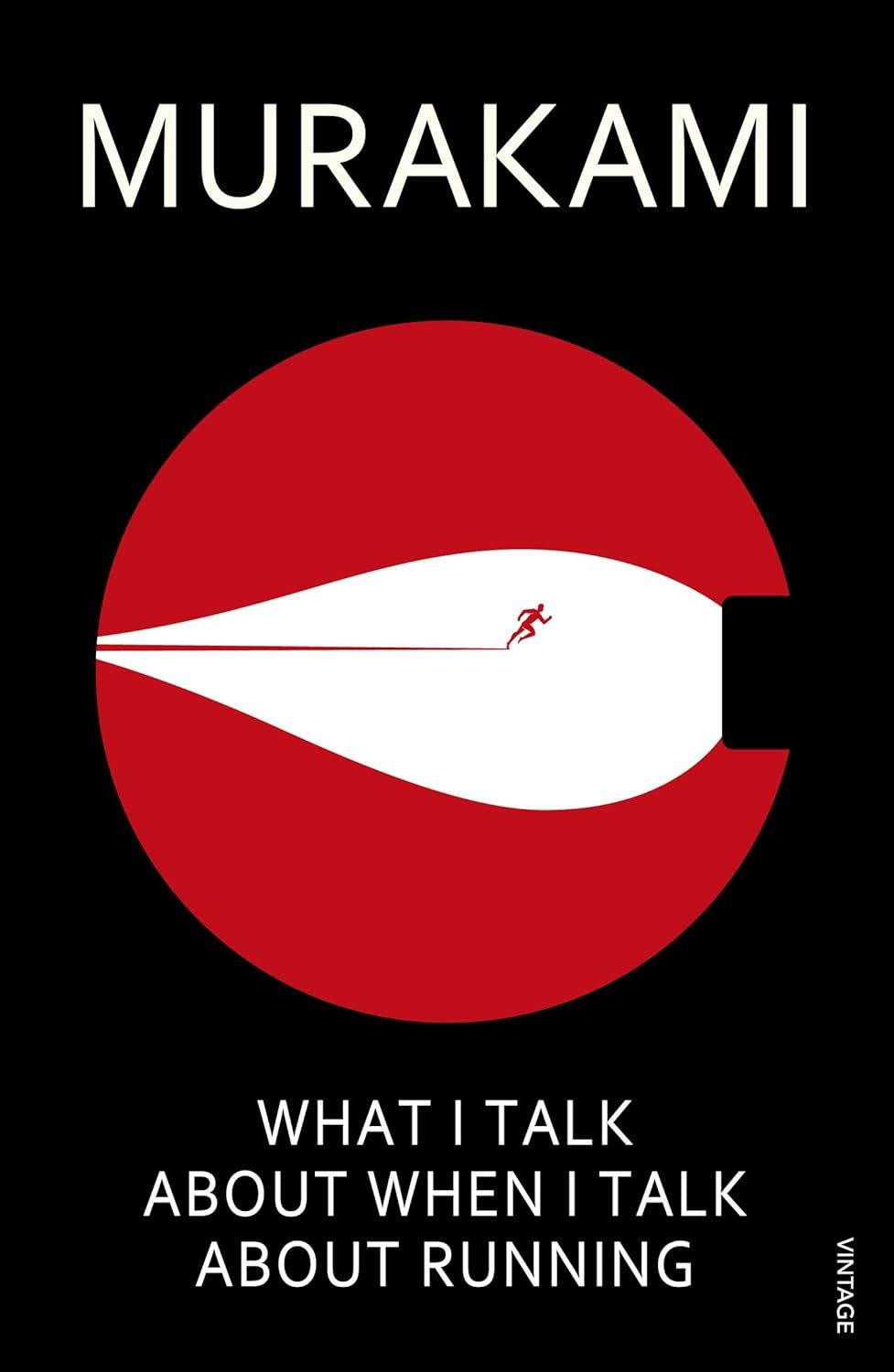
- What I Talk About When I Talk About Running by Haruki Murakami
What I Talk About When I Talk About Running by Haruki Murakami is a memoir that explores the author's passion for running and how it intersects with his life and writing. Through personal anecdotes and reflections, Murakami shares his experiences as both a runner and a novelist, discussing the discipline, mental focus, and physical challenges involved in long-distance running. The book also delves into broader themes of aging, self-discovery, and the pursuit of personal goals, offering insights into Murakami's unique perspective on life.
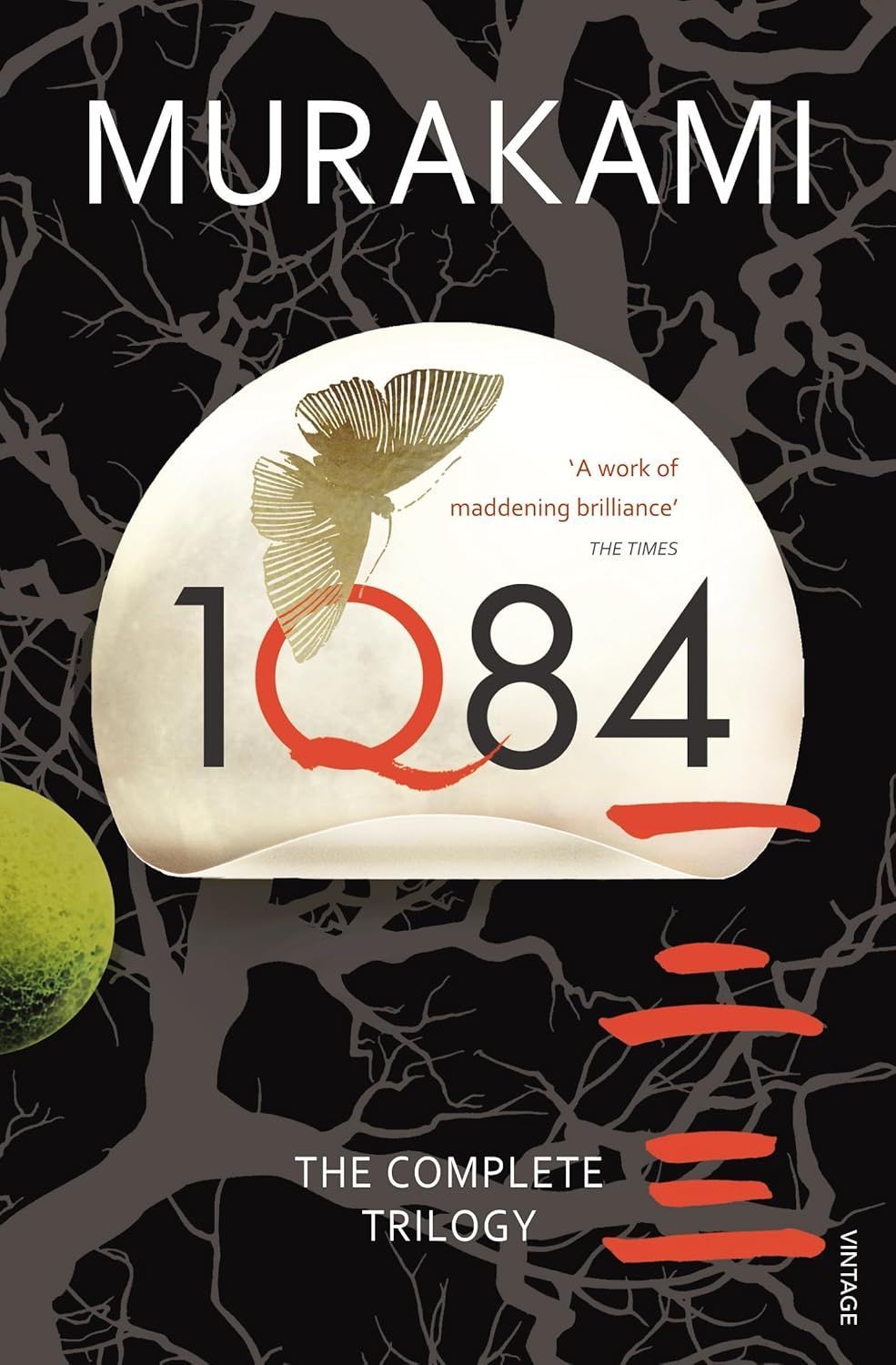
2. 1Q84 by Haruki Murakami
1Q84 by Haruki Murakami is a surreal and complex novel that intertwines the lives of two characters, Aomame and Tengo, as they navigate a strange alternate reality. Set in 1984, the story explores themes of love, loneliness, power, and the blurred line between reality and fantasy. As both characters become caught in an enigmatic world, they struggle to make sense of their existence and their connection to each other, all while dealing with mysterious forces and events. Murakami’s unique writing style blends the ordinary with the extraordinary, creating an intriguing and thought-provoking narrative.
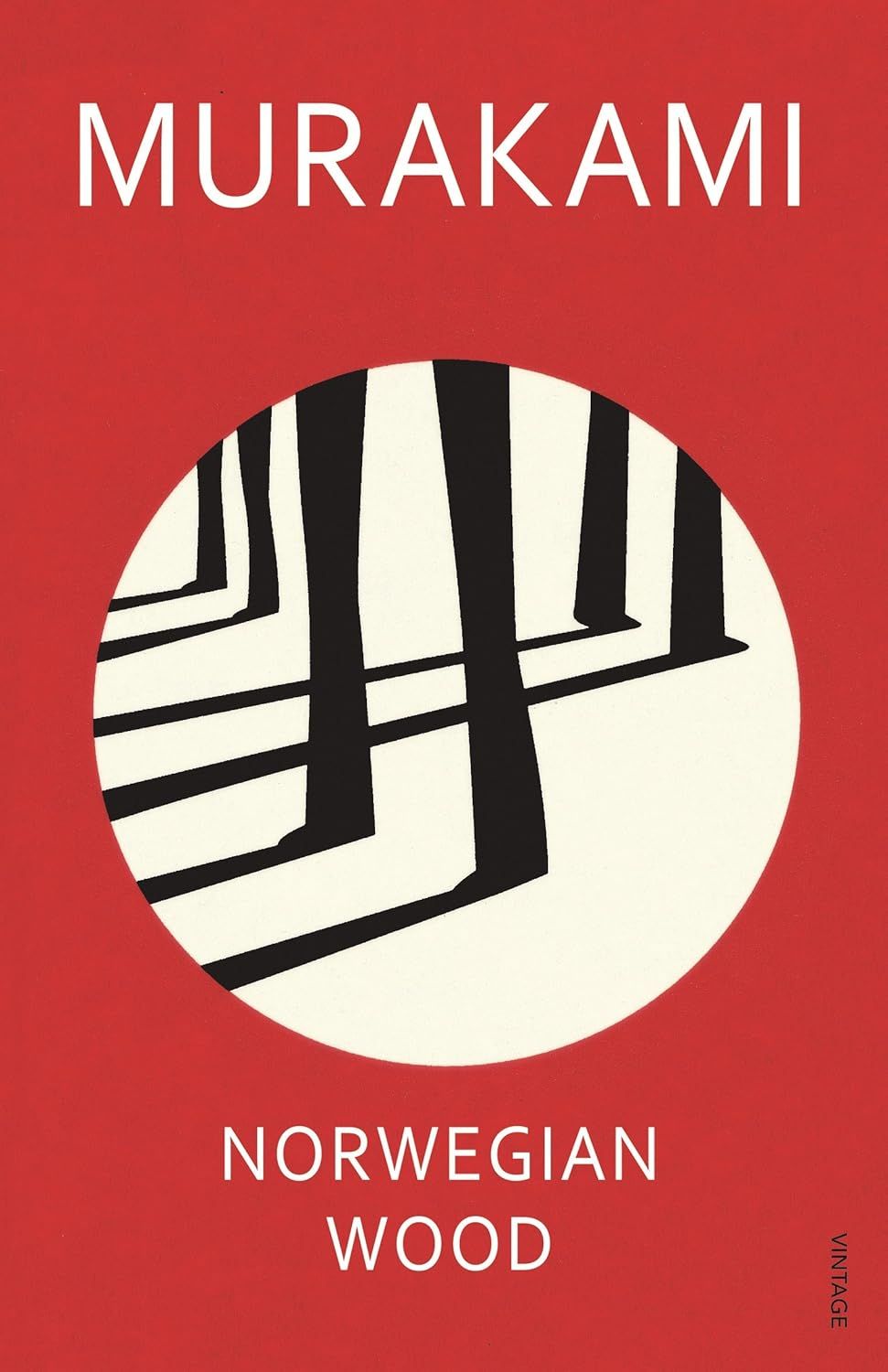
3. Norwegian Wood is a novel by Haruki Murakami
Norwegian Wood is a novel by Haruki Murakami, inspired by the Beatles' song of the same name. The story follows Toru Watanabe, a young man navigating love, loss, and the complexities of growing up in 1960s Japan. Through his relationships with two very different women, Naoko and Midori, Toru confronts his emotions and the challenges of finding meaning in life. The novel reflects themes of memory, mental illness, and the search for personal identity, all set against the backdrop of Murakami's unique, introspective style. The title itself is a reference to the melancholic mood evoked by the Beatles' song.
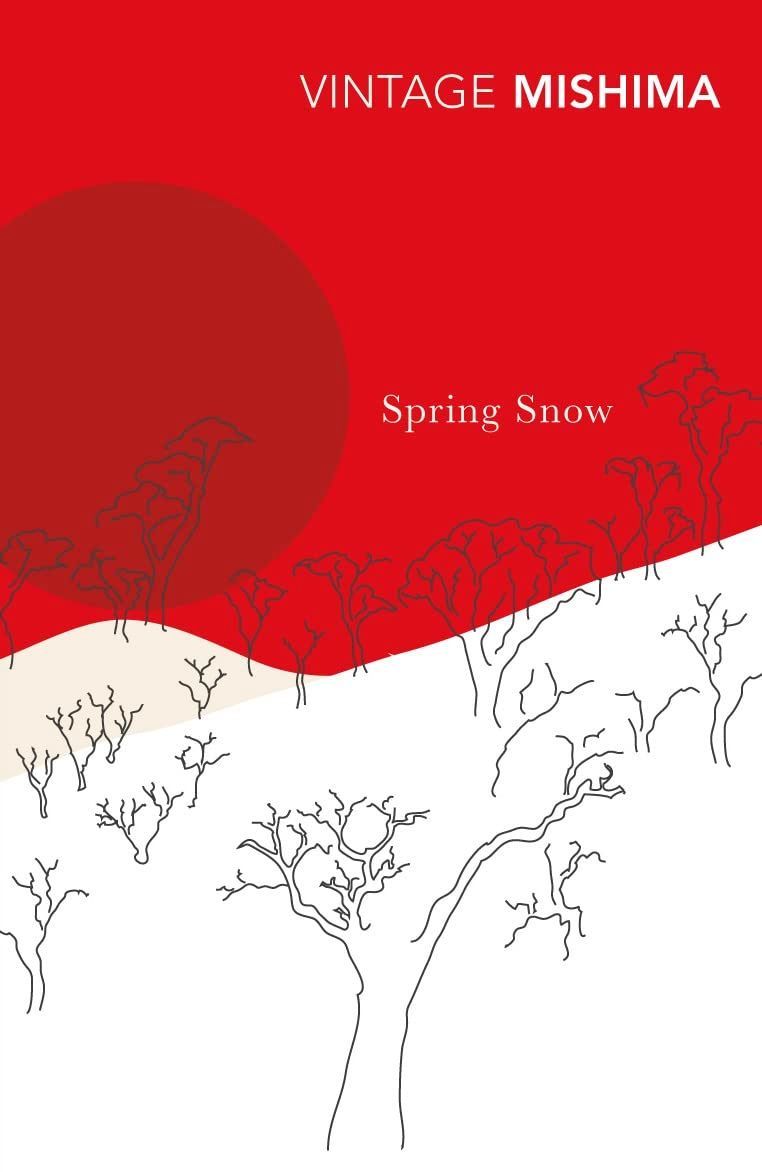
4. Spring Snow by Yukio Mishima
Spring Snow is the first novel in Yukio Mishima's The Sea of Fertility tetralogy, a series exploring themes of love, loss, and reincarnation in early 20th-century Japan. Set in the Taishō era, it tells the story of Kiyoaki Matsugae, a sensitive and privileged young man, and his doomed love for Satoko Ayakura, a childhood friend whose engagement to a prince leads to tragedy. This beautifully written novel sets the tone for the series, which delves deeper into the spiritual and historical transformation of Japan through interconnected lives across decades.
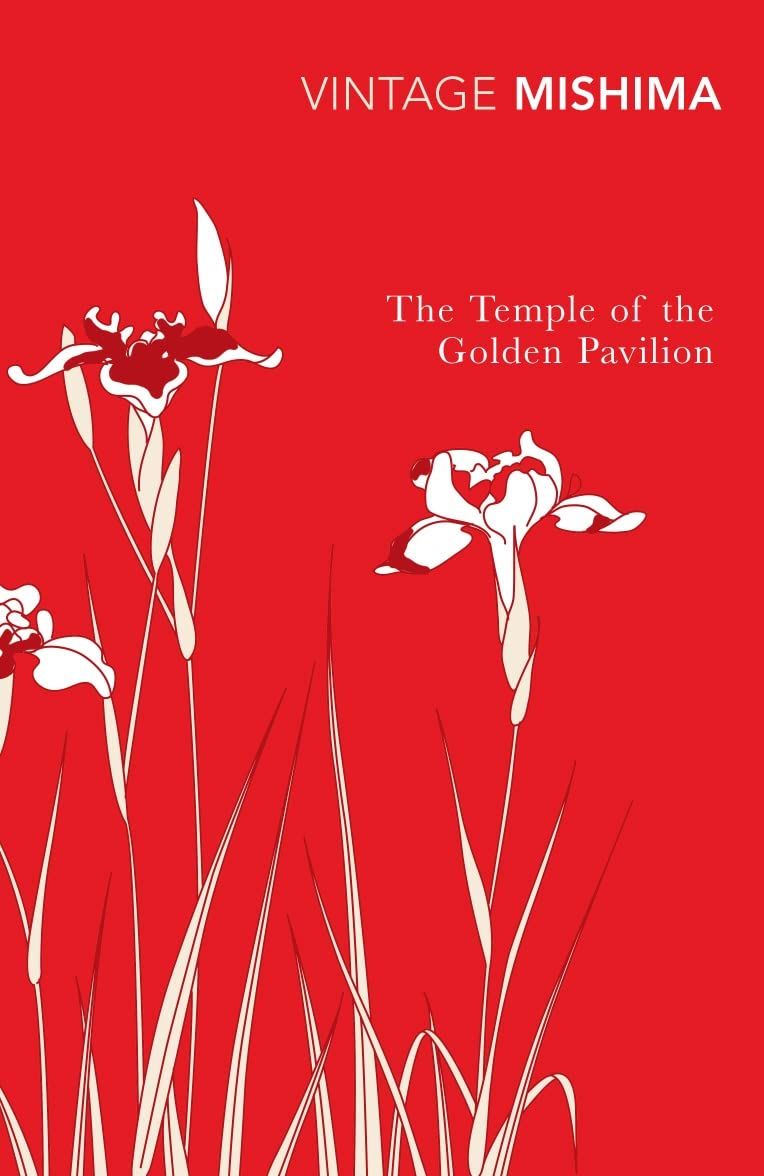
5. The Temple of the Golden Pavilion by Yukio Mishima
The Temple of the Golden Pavilion by Yukio Mishima is a deeply psychological novel based on the true story of a Buddhist acolyte who burned down the famous Kinkaku-ji (Golden Pavilion) in Kyoto. The novel explores themes of beauty, obsession, and destruction through the protagonist’s troubled mind. Yukio Mishima (1925–1970) was one of Japan’s most celebrated writers, gaining significant success during his lifetime for his novels, plays, and essays. His dramatic life and shocking ritual suicide (seppuku) shortly after a failed coup attempt added to his mystique, drawing global attention to his work. His writing is considered classical for its intricate prose, exploration of Japanese identity, and universal themes.
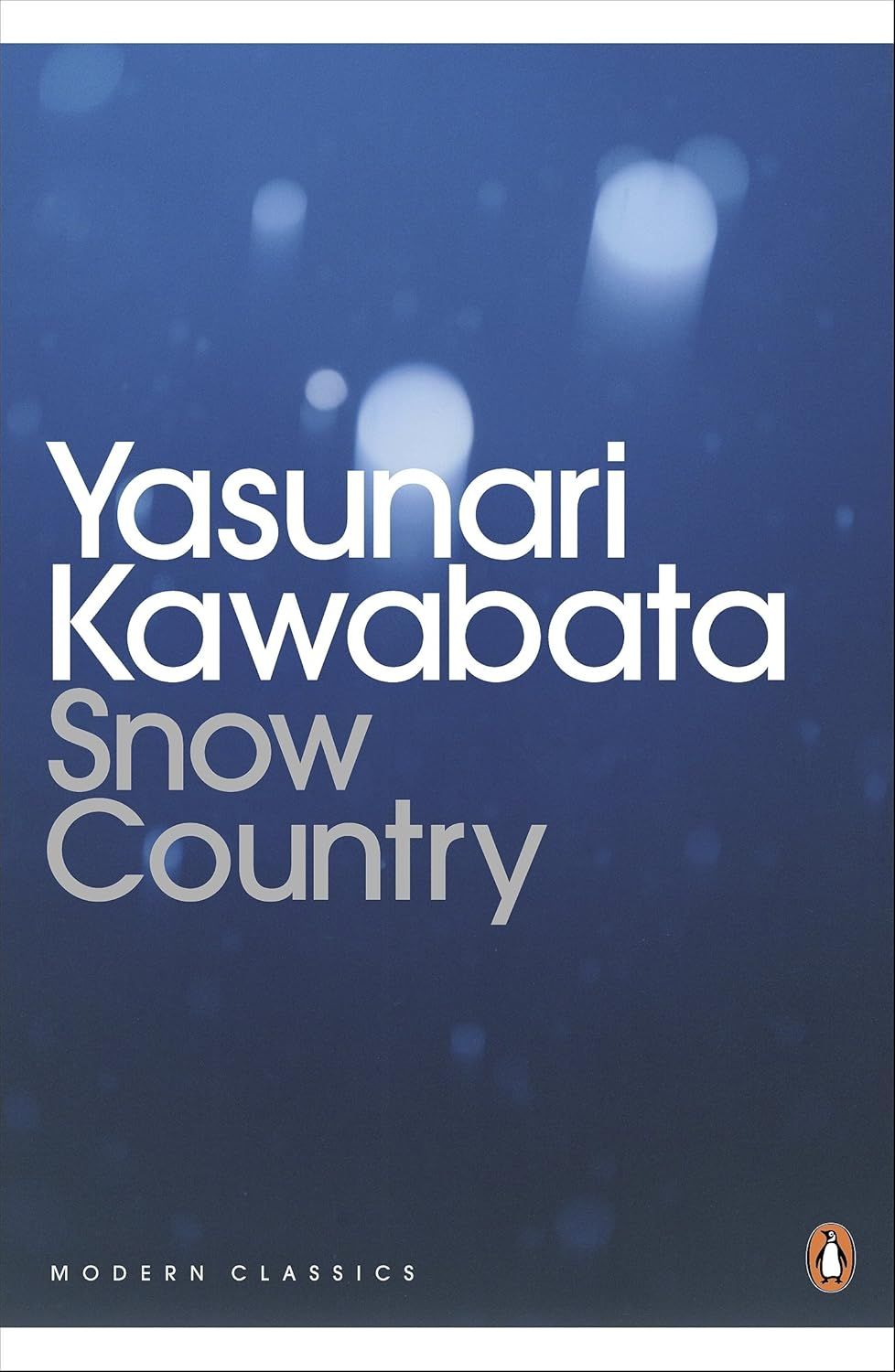
6. Snow Country by Yasunari Kawabata
Snow Country by Yasunari Kawabata is a poignant novel set in a remote hot spring town in Japan. It tells the story of an affair between a wealthy man from Tokyo, Shimamura, and a beautiful geisha, Komako. The novel explores themes of loneliness, fleeting beauty, and the impermanence of life, all set against the stark, snowy landscape. Kawabata's poetic writing captures the emotional distance between the characters and the quiet sadness that underlies their relationship. The novel is a reflection on the nature of human connection and the passage of time.

7. Before the Coffee Gets Cold by Toshikazu Kawaguchi
Before the Coffee Gets Cold by Toshikazu Kawaguchi is a heartwarming and thought-provoking novel set in a small, hidden café in Tokyo. The café has a unique ability: it allows customers to travel back in time, but only for as long as their coffee stays warm. Through four interconnected stories, the book explores themes of love, regret, and forgiveness, as the characters face difficult decisions and long-lost moments. With its gentle tone and moving reflections, it encourages readers to cherish the present and embrace second chances.

8) The Housekeeper and the Professor by Yoko Ogawa
The Housekeeper and the Professor by Yoko Ogawa is a tender and heartwarming novel about the unique bond between a brilliant mathematics professor, whose memory lasts only 80 minutes due to a brain injury, and his housekeeper. Despite his condition, the professor finds joy in numbers and shares his passion with the housekeeper and her young son, forming a special connection. Through elegant storytelling, the book explores themes of memory, family, and the beauty of everyday life, offering a poignant reflection on how human relationships can transcend limitations.
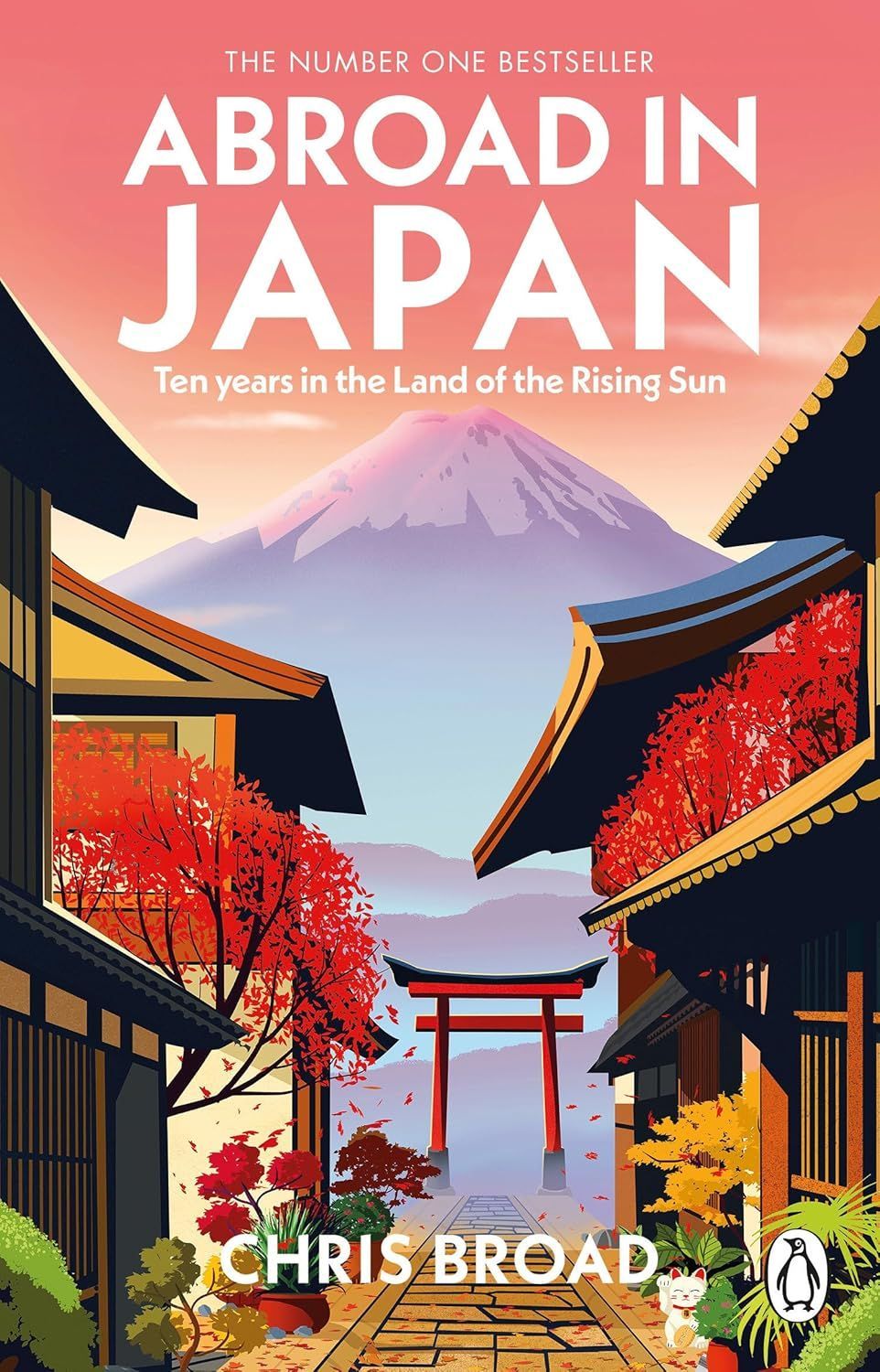
9. Abroad in Japan by Chris Broad
Abroad in Japan by Chris Broad is an entertaining and insightful travel memoir based on the author’s experiences living in Japan, and working as an English Language Assistant in a secondary school. Chris shares humorous anecdotes and cultural observations as a British expat navigating life in a country both fascinating and bewildering. With a mix of wit and genuine curiosity, the book explores topics like Japanese food, traditions, language, and the challenges of adapting to a new culture, offering readers a delightful glimpse into the everyday life and quirks of Japan.
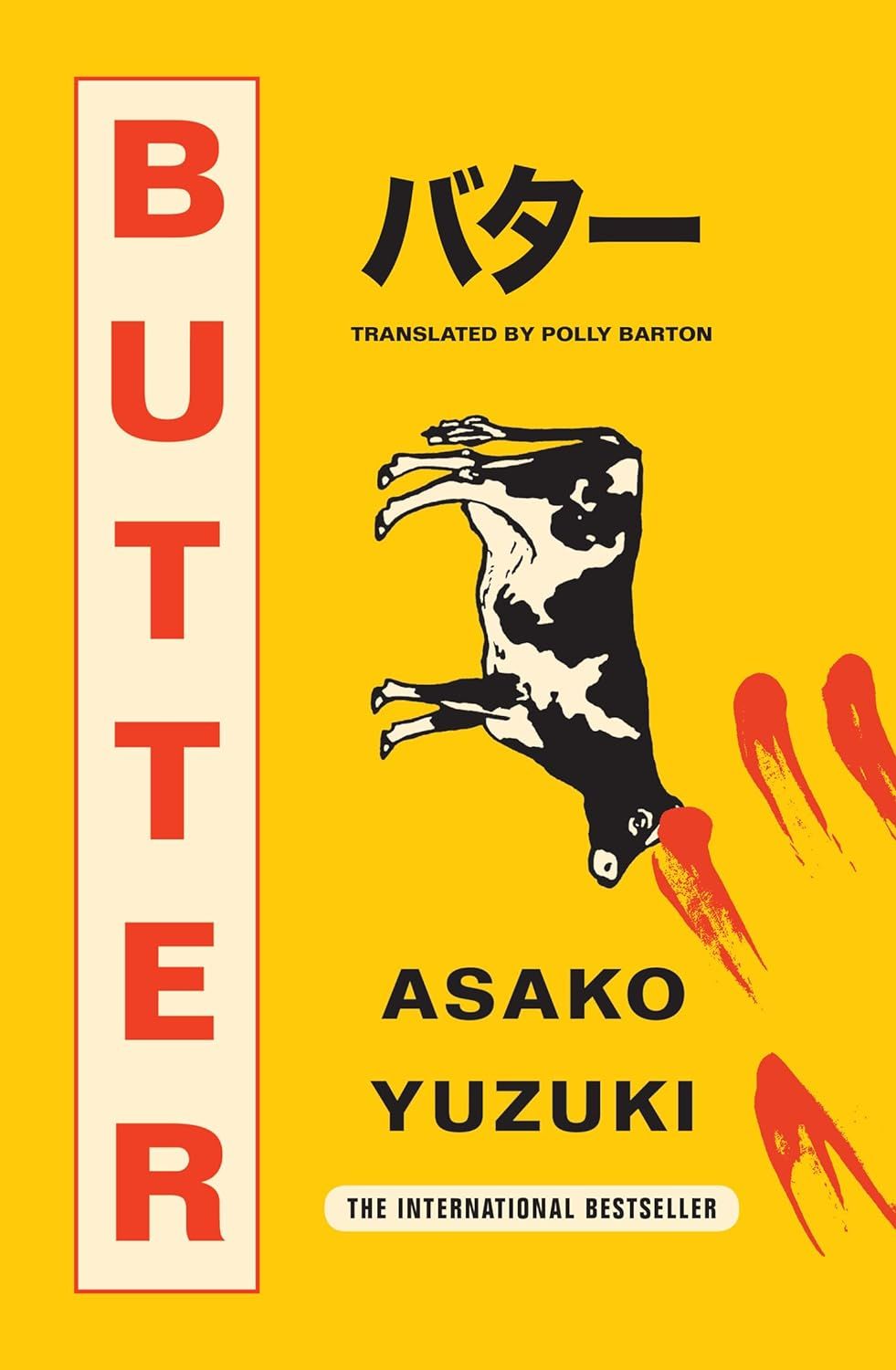
10. Butter by Asako Yuzuki
Butter by Asako Yuzuki is a captivating novel that explores the complexities of human relationships and the hidden layers of desire, guilt, and indulgence. The story follows a Tokyo journalist investigating a woman accused of using her cooking skills to seduce and manipulate men, some of whom end up dead. As the journalist delves deeper, she confronts her own prejudices and insecurities, blurring the lines between truth and perception. This novel is a rich exploration of Japanese society, the food, femininity, and societal expectations.
Your views:
We will get back to you as soon as possible.
Please try again later.



Facebook page: https://www.facebook.com/SarahCulturalExplorer
Instagram: https://www.instagram.com/sarahculturalexploreruk
My Bio: Travel opens doors to art, museums, and galleries, where stories come alive. I love books, paintings, collectors, and auctions - the treasures connecting us to history, creativity, and culture. Enjoy regular posts on my facebook page.
Email: culturalexploreruk@gmail.com